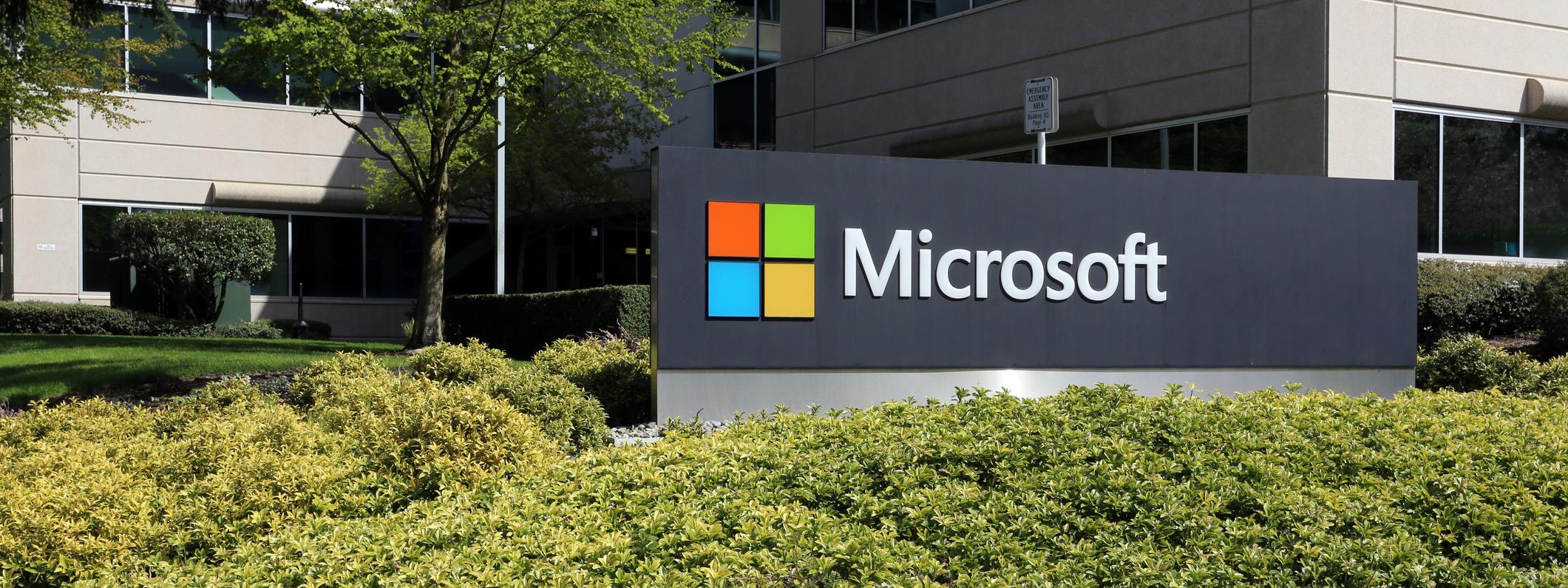Facilitating successful climate action for Latin American and Caribbean small and medium-sized businesses
Businesses that manage and reduce their greenhouse gas (GHG) emissions have the opportunity to lower their production costs, become more efficient, develop resiliency against the impacts of climate change, and access markets with environmental demands and regulations.
Small and medium-sized businesses (SMEs) make up an estimated 99.5% of businesses in Latin America and the Caribbean and employ 60% of the working population in the region. These businesses face greater impacts from climate change, given their localized supply chains, centralized infrastructure, and dependence on their communities as customers and employees. Droughts, hurricanes, and uncontrolled fires can worsen energy supply, cause staffing shortages and devastate crops, and small businesses can shutter or stall operations as a result. The livelihood of local communities across the region depends on building climate-resilient SMEs and reaching global net zero goals.
In an effort to support Latin American and Caribbean SMEs to take climate action, IDB Invest and We Mean Business Coalition organized a regional program to raise awareness for the free tools, resources, and training sessions available for SMEs to start their net zero journey through the SME Climate Hub.
The program, Programa Latino PYMES Climate Hub, centered around virtual and in-person events that brought together SMEs to learn about and discuss best practices for SMEs to measure and manage emissions across sectors such as mining, services, transportation, and technology.
Programa Latino PYMES Climate Hub is an extension of the SME Climate Hub’s global work, and provides SMEs in the region with the initiative’s tools to create and implement successful climate action plans. Alongside the event series, the SME Climate Hub launched the initiative’s website in Spanish tailored to Latin American SMEs to help them access regional information and free resources, and to learn more about local companies taking climate action.
Through the various sessions, participating businesses not only learned about new business climate opportunities, but also used the SME Climate Hub tools and resources, including to measure their carbon footprint through the Business Carbon Calculator; to complete a course on incorporating climate action into their business operations; and to make the SME Climate Commitment, joining thousands of businesses taking climate action around the world.
Regional corporations encouraged 88 of their small business partners and suppliers to join the program. SMEs from the following corporate networks participated: UNACEM, Entel Perú and Aceros Arequipa from Peru; ArcelorMittal from Argentina; and Calox from Costa Rica.
Managing and reducing emissions from the companies that provide another business’s service or goods requires collaboration. Corporations cannot reach net zero without bringing their suppliers along, but they will need to support these SMEs in their decarbonization. “We are working to reach carbon neutrality by 2050,” said Carlos Delgado, supply chain manager of UNACEM. “We recognize the value of collaboration and the importance of working together to achieve a positive impact on the environment.”
With the support of Peru Sostenible, a non-profit organization that promotes sustainable development, 48 SMEs measured their Scope 1 and Scope 2 emissions, identifying emissions hotspots and kick-starting their climate action journey. 50 businesses completed Climate Fit, a 7-step course designed for SMEs to incorporate climate action into their operations, out of which 63% said they are now more aware of their business climate impact leading 45 of them to develop climate action plans. Additionally, 52 SMEs made the SME Climate Commitment to halve emissions by 2030, reach net zero by 2050, and report their emissions annually.
For some of the participants, the experience opened their eyes to new opportunities in reducing emissions and changed their views on the impact their efforts can have on their business, their partners, and the region. “When we used the [Business Carbon Calculator], we realized our impact as a business and with it drafted our journey to emit a net zero carbon footprint.” said Ezekiel Salas, veterinary doctor regent at Navet Internacional in Costa Rica.
To others, the program gave them the tools needed to move already existing climate goals into climate action. “The [SME Climate Commitment] reaffirms our agenda as we recently incorporated social and environmental objectives into our business’s statute,” said Nestor Carriz, external director of communications of Codimat, a supplier of construction materials in Argentina. “What’s important is the journey and in this journey, the [Programa Latino PYMES Climate Hub] has been a very valuable resource to move forward with better tools and knowledge.”
The participation of these businesses highlights that Latin American and Caribbean SMEs are up for the task of creating a zero emissions economy. They need the help of institutions and corporations to access the tools for success, finance climate innovations, learn the best business climate practices, and build a collaborative ecosystem.
PYMES Climate Hub is an initiative founded by the We Mean Business Coalition and Exponential Roadmap Initiative together with strategic allies, through the United Nations’ Race to Zero campaign. The initiative offers information, training and resources for SMEs around the world to commit to implementing decarbonization processes. Currently, more than 6,500 SMEs in 123 countries have made SME Climate Commitment to create an inclusive net-zero global economy.



